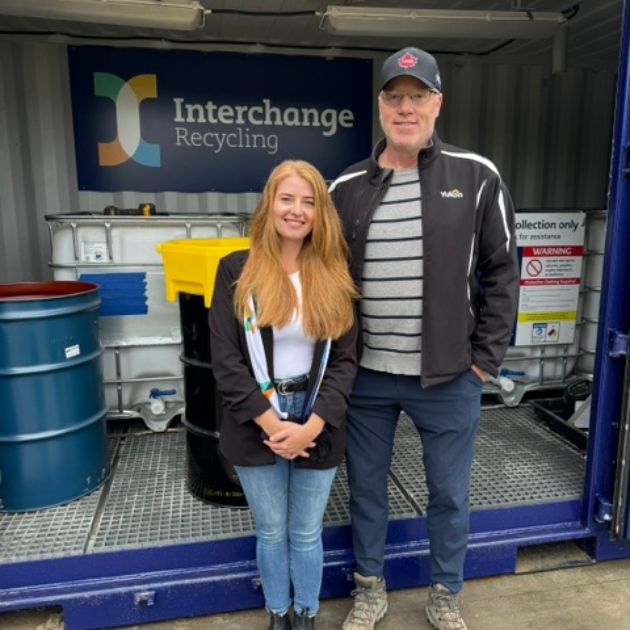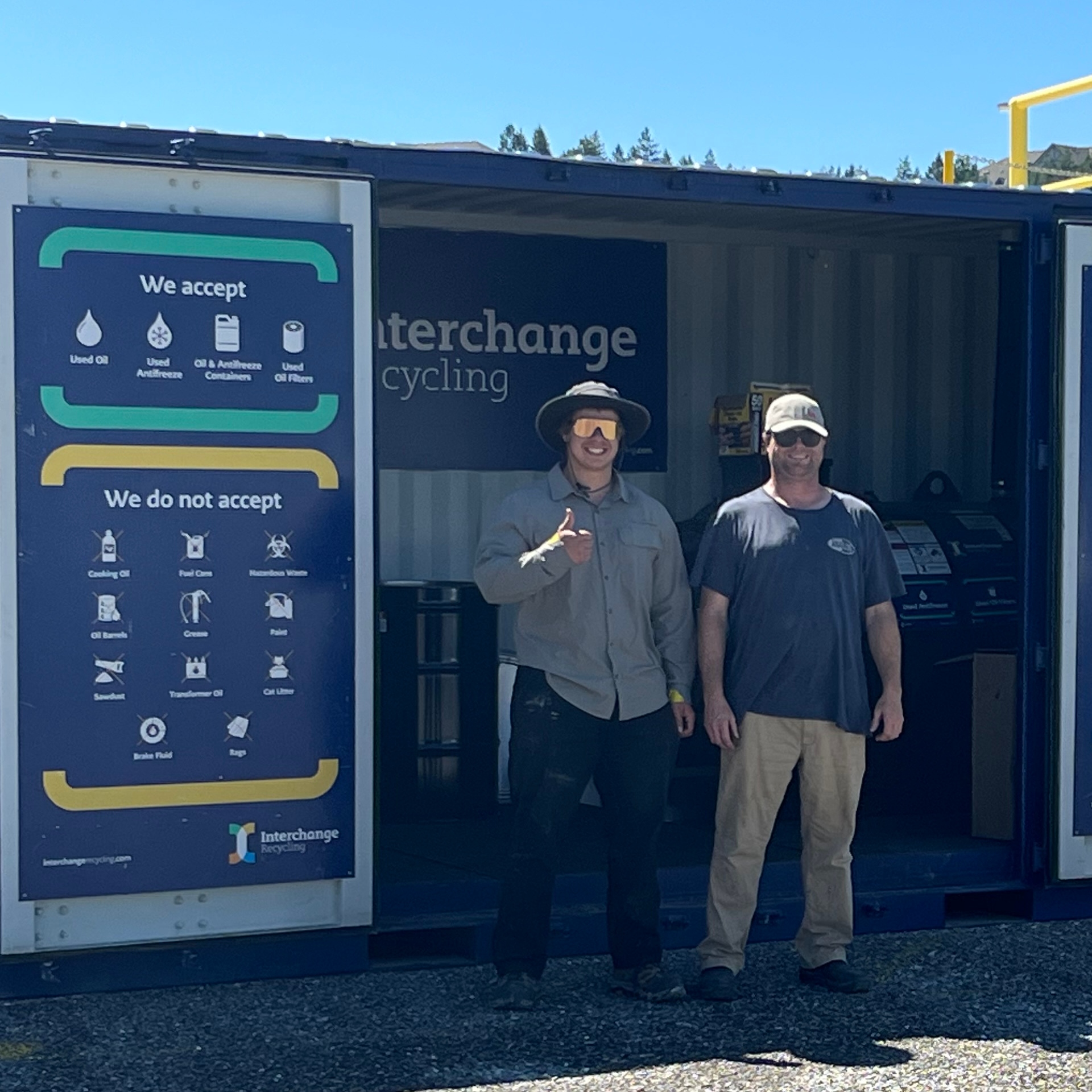Making clean energy commitments in the Kootenays
Two local programs help communities and businesses transition to renewable, low-carbon, clean energy sources.

Programs like the West Kootenay 100% Renewable Energy Plan and the Kootenay Clean Energy Transition program aim to help communities and local governments make the switch to low carbon and clean energy sources. — AdobeStock image
Wildfires, extreme heat events, damaging floods—around the world, the climate is changing and we are not immune to the effects here in the Kootenays. The need to rethink our energy and environmental footprint is crucial. Programs like the West Kootenay 100% Renewable Energy Plan and the Kootenay Clean Energy Transition program aim to help communities and local governments make the switch to low carbon and clean energy sources.
100% Renewable Kootenays is a campaign of Nelson-based Neighbours United (formerly the West Kootenay EcoSociety). The goal is for the Kootenays to phase out fossil fuels and be on 100 per cent renewable energy in all sectors no later than 2050. This transition to clean energy includes electricity, heating and cooling in buildings, transportation and industry.
The West Kootenay 100% Renewable Energy Plan identifies the actions that local governments can take and measures how much impact the actions will have on carbon pollution and energy use in our communities. Some of those actions include:
- Retrofitting existing buildings to reduce their energy use
- Making our economy more circular by reducing, refusing, re-using and recycling
- Generating more renewable energy in our region
- Accelerating the switch to electric vehicles
In 2022, the City of Trail officially became the thirteenth community in the Kootenays to commit to 100 per cent renewable energy no later than 2050. The City of Trail joins with Golden, Creston, and Fruitvale, who joined the 100% renewable energy transition local government efforts in 2021. Together with Castlegar, Kaslo, Nelson, New Denver, Silverton, Slocan, Rossland, Warfield and the Regional District of Central Kootenay, these communities are working to maintain health, safety, and security in the clean energy transition.
The Kootenay Clean Energy Transition (KCET) is another local multi-year project helping to build awareness and workforce capacity for a low carbon and clean energy transition in the Kootenays. A tri-regional partnership between the three Kootenay regional districts, Kootenay Employment Services and BC Hydro, the goals of the project are to reduce GHG emissions in the built environment and transportation and support the low carbon and clean energy industries through workforce training, webinars and workshops.
It’s through grassroots efforts and local actions that “big moves” can happen in small communities.
Here’s a list of the thirteen Kootenay governments that have made the commitment to 100% renewable energy by 2050, followed by year adopted:
- Village of Slocan, 2017
- City of Nelson, 2018
- Regional District of Central Kootenay (RDCK), 2018
- City of Rossland, 2019
- Village of New Denver, 2019
- Village of Silverton, 2019
- City of Castlegar, 2019
- Village of Warfield, 2019
- Village of Kaslo, 2019
- Village of Fruitvale, 2021
- Town of Creston, 2021
- Town of Golden, 2022
- City of Trail, 2022






Comments